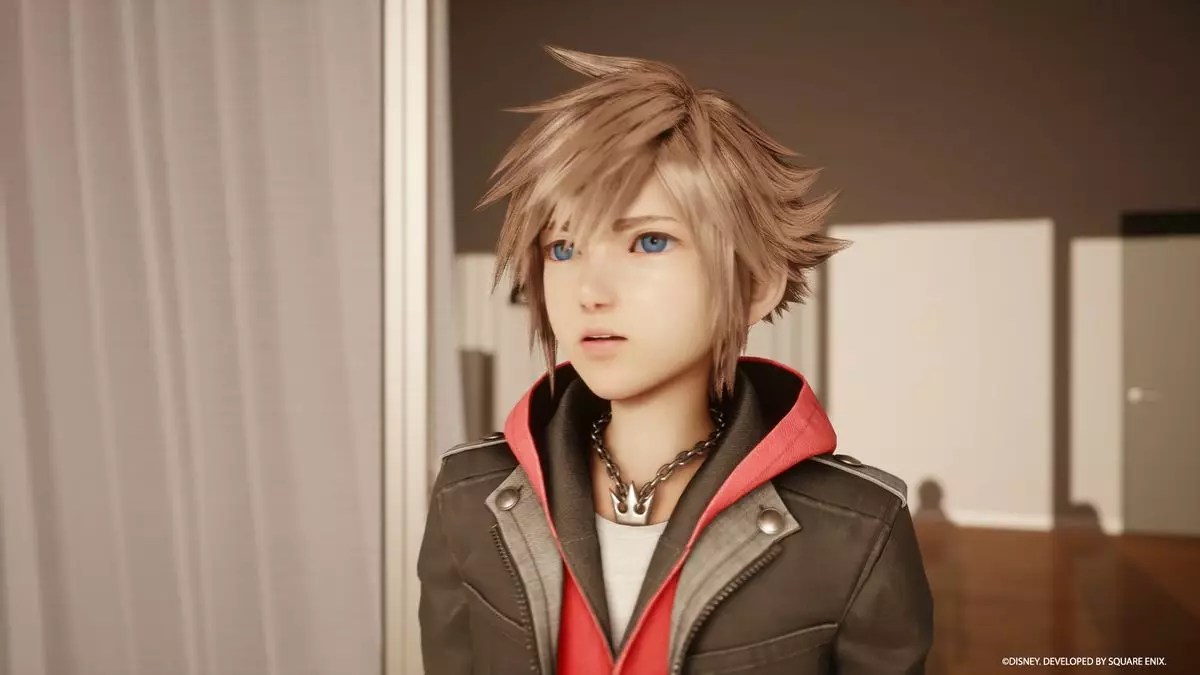Haley Joel Osment, an actor whose work transcends generations, has become synonymous with the character Sora from the acclaimed Kingdom Hearts video game series. Debuting with unforgettable turns in films such as The Sixth Sense and Steven Spielberg’s Artificial Intelligence, his transition to the realm of voice acting has been nothing short of remarkable. Transitioning from live-action to animated personas, Osment’s portrayal of Sora has garnered immense affection from fans since the series began, marking him as a defining voice in modern gaming culture.
After stepping into Sora’s shoes for twelve compelling entries in the Kingdom Hearts franchise, Osment recently expressed some candid thoughts during a conversation with IGN. It seems that despite his close ties to the character, he often finds himself out of the loop, recently learning of the official announcement of Kingdom Hearts 4 only through media channels. This highlights a curious separation between the character he voices and the broader narrative developments of the franchise. He expressed a desire to stay informed: “I hope that we hear something about it sometime soon,” showcasing his ongoing connection with the franchise and its fans.
In his interview, Osment emphasizes the complexity of knowing when to step back from a role that has brought tremendous joy to both him and the audience. He suggested that it might be more beneficial to conclude the series rather than allowing it to meander beyond its intended storyline — a sentiment that resonates deeply in the world of storytelling. Often, beloved franchises face the dilemma of longevity versus quality, with creators wrestling between fan expectations and the narrative’s natural conclusion. Osment advocates for the latter, hinting at the wisdom in knowing when to say goodbye.
Osment also shows faith in series creator Tetsuya Nomura, believing he has a solid vision to conclude Sora’s journey in a satisfying manner. This trust reflects a broader understanding within the creative community — that the spirit of a game or a character often lies in the hands of those who created them. As Osment puts it, “even if you have something that you love, and you feel like you want to play it forever,” sometimes it’s best to let that love inform a graceful exit rather than an unworthy finale.
Ultimately, Osment’s reflections serve as a reminder of the intricate relationship between actors, characters, and audiences. As Sora continues to navigate his journey, the voice behind the character emphasizes the importance of preserving the integrity of storytelling. In a landscape where remakes and sequels dominate, Osment’s perspective highlights the necessity of balance between nostalgia and the authenticity of a heartfelt narrative. This thoughtful approach not only respects the fans but also honors the artistic vision that breathed life into Sora, marking him as an enduring figure in the annals of gaming history.


Leave a Reply